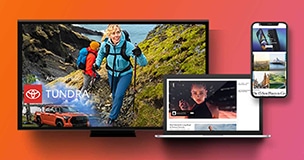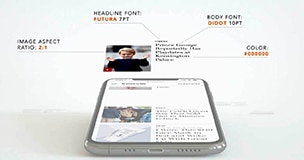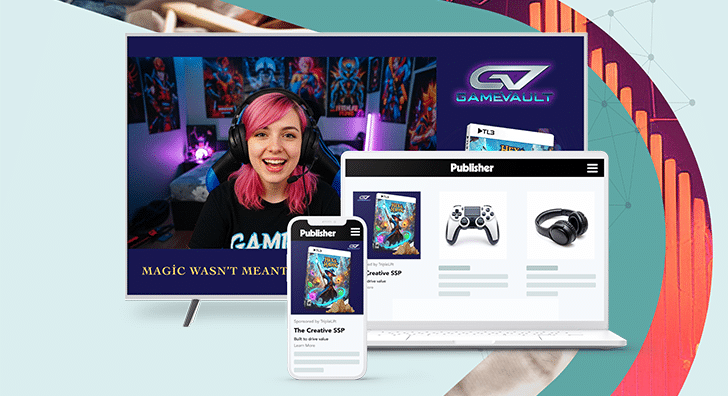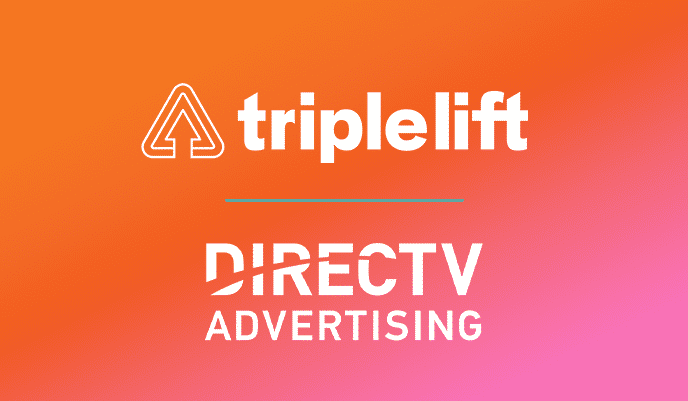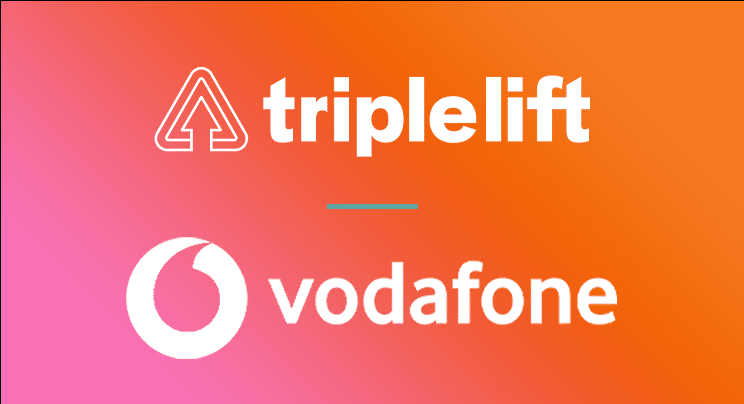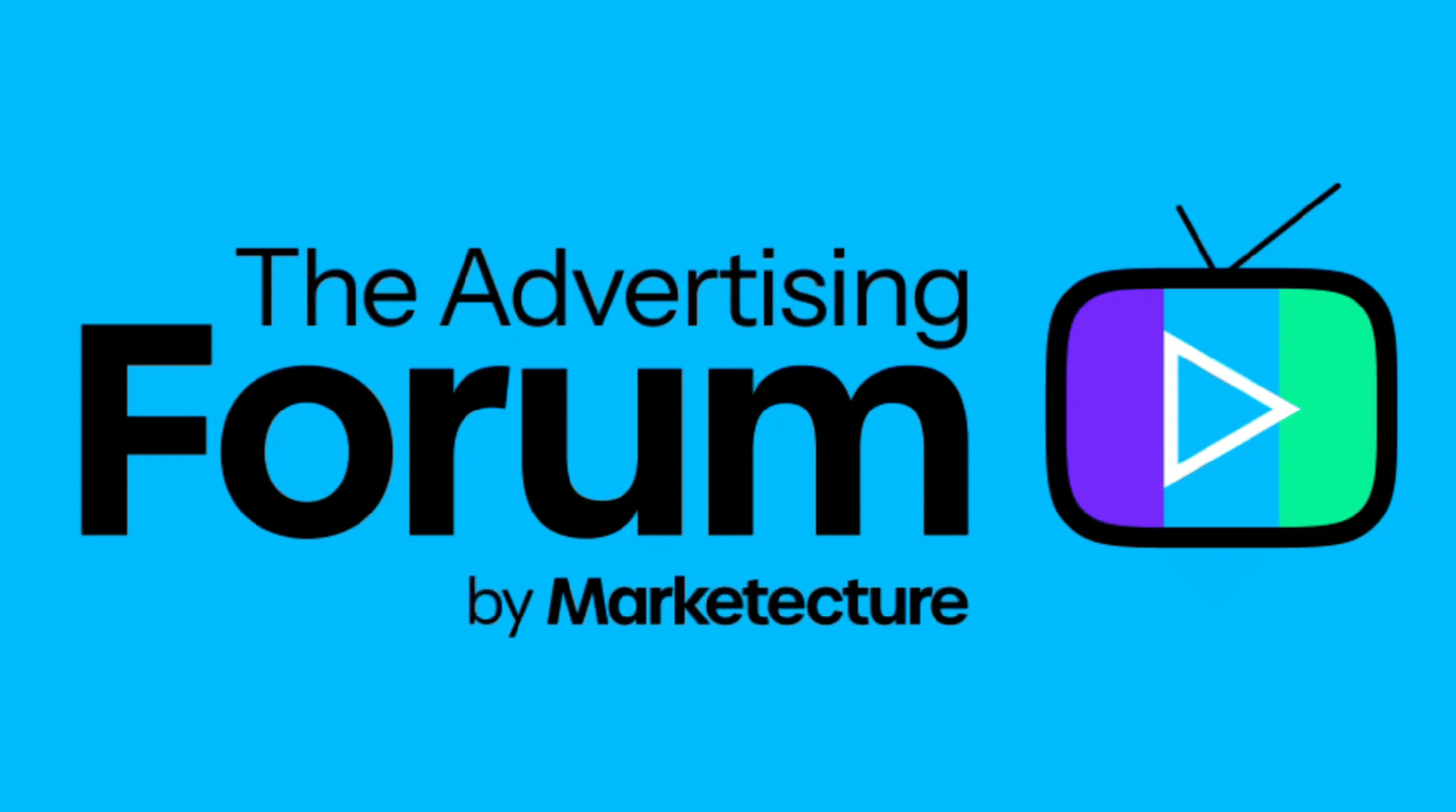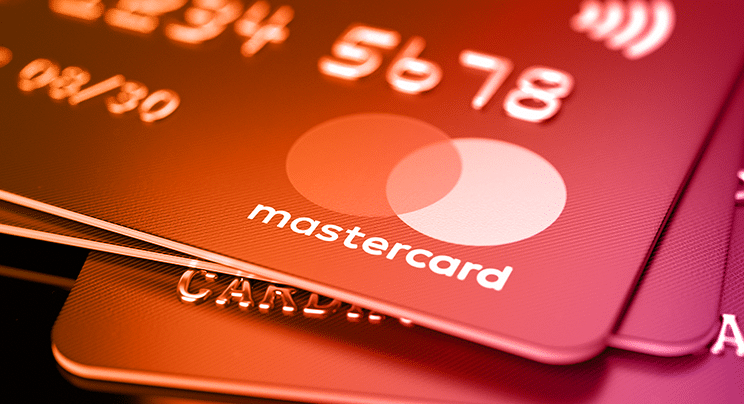Get in touch and let’s talk about GDPR:
Twitter: @tl_johnstoneman
John Stoneman is General Manager, Europe for TripleLift – the leading programmatic platform for native advertising. He likes privacy regulations. Honestly.
If you park the fear, uncertainty and doubt surrounding GDPR for a moment or two, and simply try to imagine what is actually going to happen post May 25th – it’s an interesting exercise in value exchange.
Firstly, let’s imagine a world where digital advertising inventory splits into two camps – Consentworld and the Land of Non Consent. In today’s piece we will focus on the former.
In Consentworld, the end user has agreed to allow their personal data to be used by players in the advertising ecosystem. That consent will have been gathered by a publisher. But it’s unlikely to be a completely seamless universal consent at the browser level, it will be publisher, or publisher group specific.
And the user will be asked to provide consent as they move from site to site, and as cookies expire, or they change browser. The IAB predicts this may diminish over time, perhaps not.
So ask yourself this question: Which publishers would you actually give your consent to if it was asked for tomorrow?
Ignore how many (few) times recently you clicked “Continue” under the e-privacy cookie ribbons. These were designed to be non-obtrusive, and you may never have agreed at all, because you didn’t actually need to. But the new generation of GDPR consent workflows will need to be a lot more visible, perhaps even mandatory – because the publishers will need your explicit consent. Their businesses may depend on it.
So again, which publishers would you actually say yes to today?
If you are like me – and that’s consumer John, not ad exec John – then that list is potentially reasonably small. It will be based on a series of long-developed relationships between the publisher and me over the course of my consumption. The longer that relationship has existed, the more likely I am to say “Yes”.
I’d probably say “Yes” to some publishers and “No” to others – for reasons I can’t really explain. It would be an instinctive reaction aimed at removing the offending question from my content consumption as quickly as possible and based on my association with that brand.
Of course there will be some people that I will take great delight in saying “No” too. Probably companies that turned me down for a job when I was breaking into journalism, or publishers that are using one of my competitor’s products today rather than mine. Naturally, I will immediately change my consent settings if they RFP us for future business…
If you are someone who has installed an Ad Blocker, then you have to imagine you are a straight “No” every time. You’ll probably even develop Consent Blocker plug ins to stop all those annoying consent boxes.
If you have zero emotional attachment to the publisher brand – maybe you bounced there from a social media share – then you are probably going to lean towards a “No”, depending on how badly you need to see that cat video. The consent box becomes a clear roadblock between you and the content and with no value exchange, you’re going to bounce off the page.
If you’ve said “Yes” in the past, but get irritated by some sort of aggressive retargeting, or an abundance of obtrusive or annoying ads on a page then you may even go looking for a way to retract that “Yes” and turn it into a “No”. Under GDPR rules, publishers have to make it as easy to remove the consent as it was to provide it, even potentially down to the granularity of a third-party processor or controller.
So take a look in your browser history right now, review the last ten distinct publishers that you visited and ask yourself the question would you happily provide consent to those publishers to run behavioral advertising using your personal data?
Here are mine: Ad Age, LinkedIn, Google, Daily Gazette, Healthy Way, Metro, Guardian, Facebook, Telegraph, ChefTalk.
The Telegraph, Guardian and Metro are all current customers so naturally I would say “Yes” to them – it seems you can’t split consumer John from ad tech John.
I’d say “No” to Google and Facebook for the same reason that I go out of my way not to click on a Search or Social ad if I can help it. They have enough money, they don’t need my click. That’s not a rational decision of course, more like jealousy at all of the advertiser spend the duopoly captures.
I have less personal affinity with the other publisher brands, particularly those that I discovered by descending down a social media rabbit hole and so it would be a harder decision, I’d probably have to think for a minute.
LinkedIn is an interesting one. I love LinkedIn, I think it is an incredibly valuable business tool, but I’m also a Premium subscriber. They already get a reasonably nice sum of money from me each year. It always feels like quite a large subscription price when it comes around to paying it. So would I allow them to squeeze yet more ‘value’ out of me if given the choice? That’s a close call, and I will wait until my next year’s subscription fee comes around before I tell anyone my decision.
So at best I am a 50% opted in and 50% opted out consumer based on this two-minute experiment. I suspect I am not a typical user, because I am super informed on GDPR and know exactly what needs to be done in this world.
But when this choice is placed in front of users – real users – then I think none of us are typical. This means publishers will need to create a more direct connection with their customers, something they are increasingly incentivised to do, especially with Facebook deprioritising them in the newsfeed.
What is also clear is that the entire industry will need to have a strategy for all of that inventory which sits on the outskirts of Consentworld in The Land of Non Consent. I think there is a clear solution for that world too – but that’s another story, for another day.
If you have found that you have read through every word of this article and taken nothing in because of the sheer number of uses of the words Consent, Privacy and Cookie, then fear not. Just drop me a note and I will come over to your offices and draw it all out for you on a whiteboard.
Who knew that privacy could be such fun! ;o)
